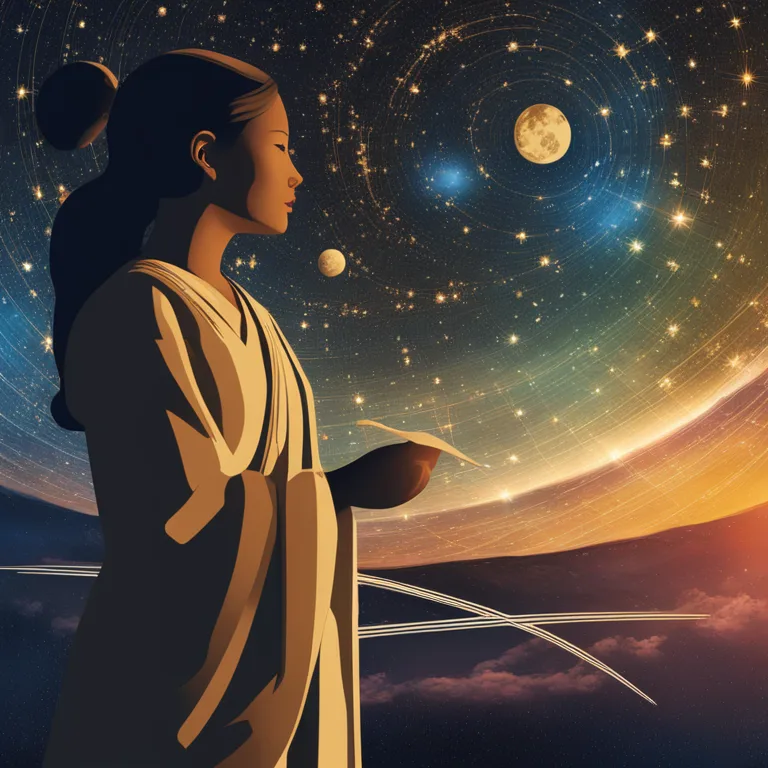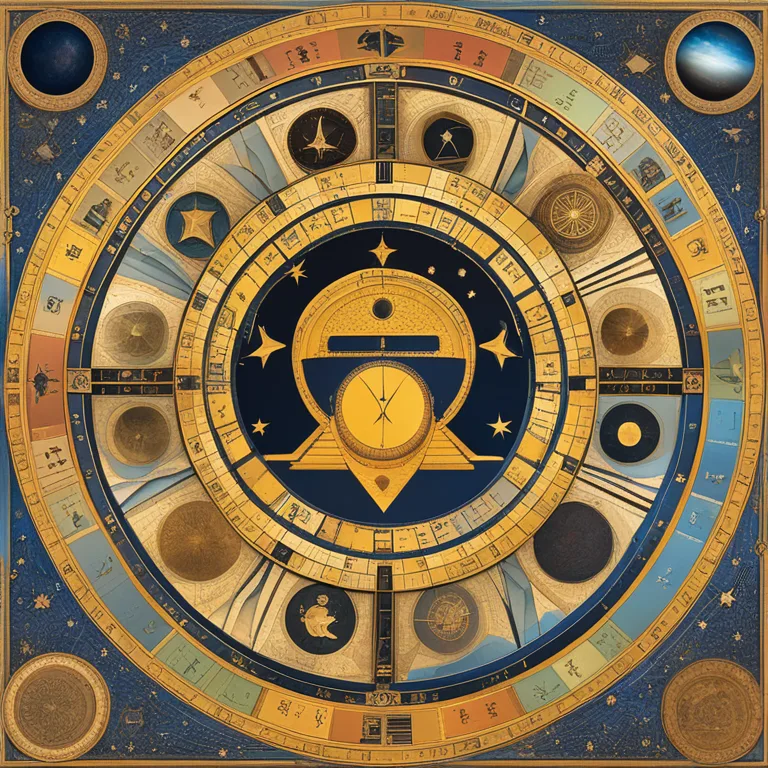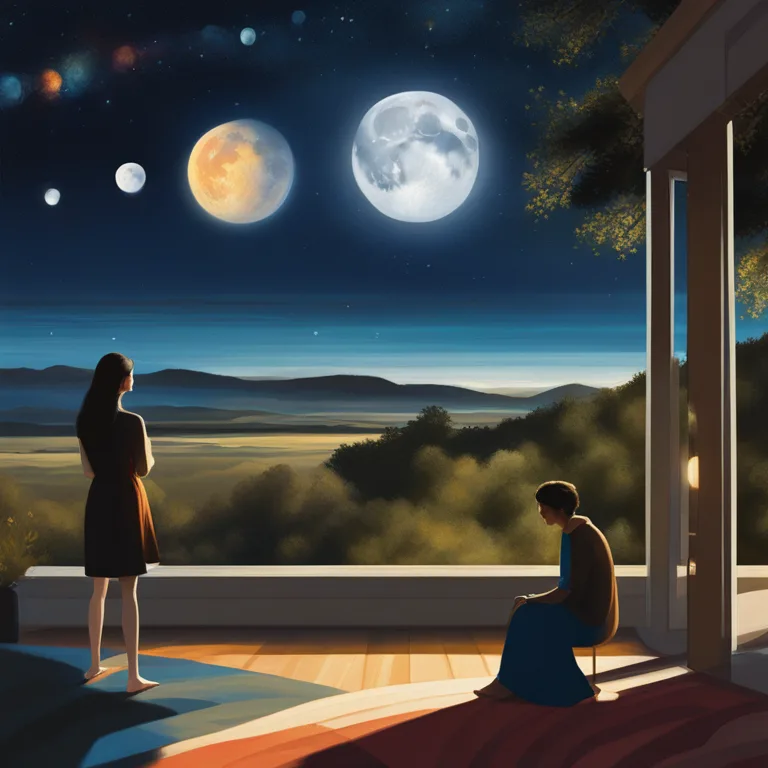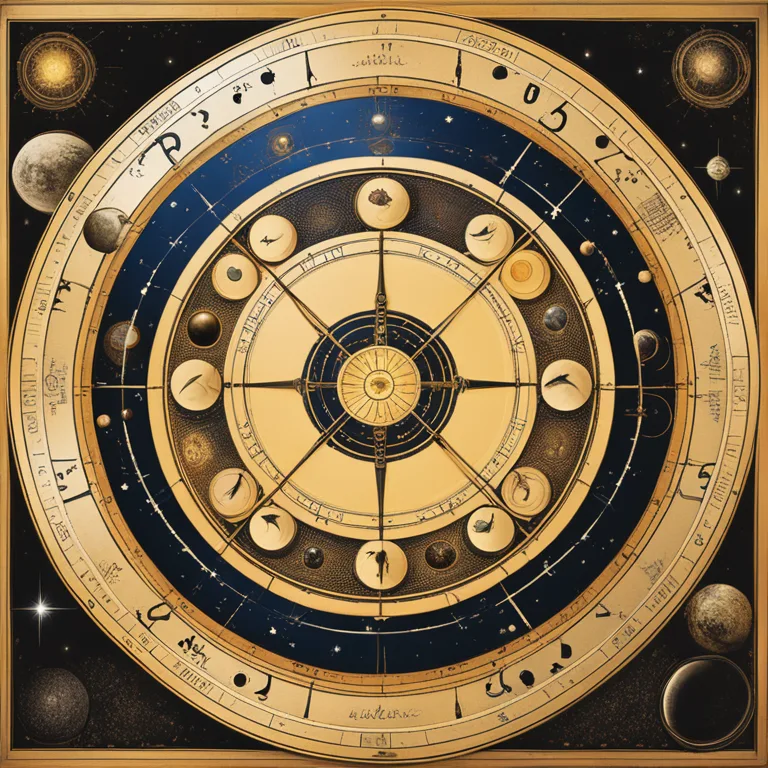
The Reality of Astrology: A Cosmic Connection
Delving into the legitimacy of astrology, we explore its historical roots, scientific overlaps, and psychological impacts, making a case for its relevance in the modern world.
article by Priya Deshmukh
The Historical Foundation of Astrology
Astrology has been a cornerstone of human civilization for thousands of years. Ancient cultures across the globe, from the Chinese to the Mayans, relied on the patterns of the stars to predict seasonal changes and navigate the vast oceans. These early astronomers observed celestial movements, noting their correlation with events on Earth, laying the groundwork for astrology's credibility. Astrology's longevity speaks to its impact and enduring intrigue among humans seeking to understand the universe and their place within it.

Astrological Practice in Modern Times
Despite skepticism, astrology has persisted into the modern era, adapting and evolving with the times. Today, astrological analysis extends beyond mere predictions, providing insights into personality, relationships, and life paths. With the advent of computer algorithms, astrology in 2024 becomes more personalized, analyzing intricate aspects of birth charts with higher precision. For many, astrology is not only real; it's a tool for self-exploration and understanding the invisible threads that connect us to the cosmos.

Celestial Events and Human Behavior
Remarkably, certain celestial events have been linked to changes in human behavior. For instance, full moons are often associated with heightened emotions and disrupted sleep patterns. While these correlations do not prove causation, they suggest that the celestial bodies may influence our lives in more ways than conventionally recognized. Astrology studies these cosmic patterns, proposing that the alignment of planets at our birth can shape our characters and life events.

Intriguing Scientific Overlaps
The field of astrology, while not a science, has intriguing overlaps with scientific disciplines. Astrology's premise—that celestial phenomena have a relationship with life on Earth—reflects the scientific understanding of gravity's reach and the influence of the Sun's cycles on Earth. While astrology's methods differ from the scientific method, these parallels invite a reconsideration of astrology's potential to provide meaningful insight.

The Psychological Relevance of Astrology
Astrology also offers a psychological mirror for self-reflection. Psychological astrology, a subset that merges astrological symbolism with Jungian theory, suggests that astrological archetypes can represent aspects of the human psyche. Astrology can, therefore, be a tool for introspection, helping people understand their behaviors, motivations, and relationships. The continued interest in astrology hints at its resonance with our desire to interpret our experiences and forge our identities.
Astrology as a Cultural Phenomenon
Culturally, astrology has woven itself into the fabric of society. Horoscopes and astrological content are ubiquitous, shaping the cultural dialogue around how we perceive and interact with the world around us. For many, astrology provides a sense of community and a shared language for discussing life's complexities. As we look to the future, astrology remains a steadfast part of this communal tapestry, with 2024 horoscopes already being eagerly anticipated by enthusiasts.
Published: 12/29/2023
Modified: 12/29/2023
More predictions
Come back here soon to learn more about yourself and your future


The Influence of Birth Date on Your Astrological Profile
Discover how your birth date shapes your astrological sign, personality traits, and cosmic destiny in the astrological realm.


The Cosmic Dance of Astrology in Love
Discover how astrology influences romantic relationships, and what the stars say about love compatibility in the modern era.


The Astrological Almanac of Zodiac Signs
Delve into the cosmic influence of astrology and zodiac signs. Learn how celestial alignments guide personalities, futures, and relationships.